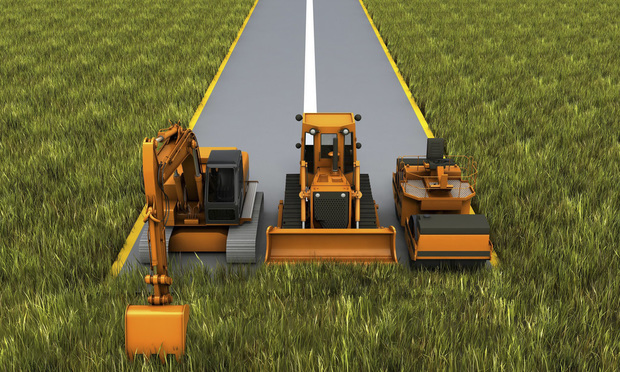Upgrading a pre-existing nonconforming use in New Jersey involves myriad issues, and resolving them is a bit like navigating between Scylla and Charybdis. The gravitational pull on the one side is the common law principle that such uses (colloquially, “grandfathered uses”) are not necessarily to be nurtured as they age but brought into conformance with current zoning as rapidly as possible. Belleville v. Perrillo’s, 83 N.J. 309 (1980). Pulling in the opposite direction is the foundational principle that the owner of a legally grandfathered use has the right to continue it notwithstanding a subsequent ordinance amendment outlawing that use in the subject zone—a principle codified in N.J.S.A. 40:55D-68, but of constitutional dimension as it is acknowledged to be a valuable property right that cannot be taken by a municipality short of condemnation. Belmar v. 201 16th Ave., 309 N.J. Super. 663 (L. Div., 1997). Tension between these opposing principles is further strained if there is hostility toward the use, whether by the municipality itself or neighbors, particularly a business competitor with the will and means to fight.
In sequential order, the primary issues are: (1) whether the use is legal in the first place; (2) whether the upgrade would expand it; and, if so, (3) whether it would qualitatively change it to such a degree that, in reality, it is more fairly characterized as an entirely new use rather than an expansion of the pre-existing one. Each of the preceding emphasized words has legal significance with distinct proof requirements.







